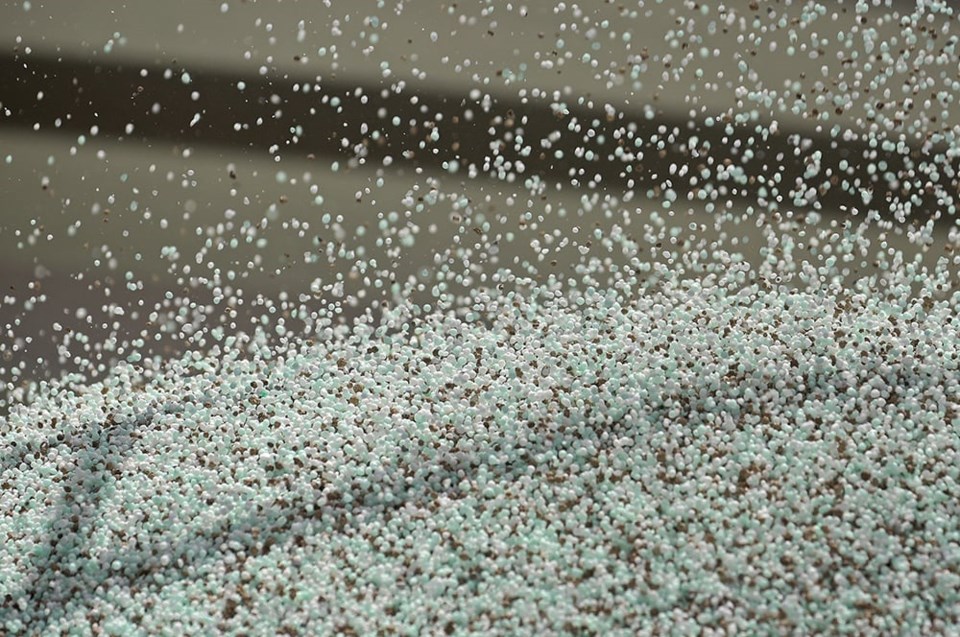WESTERN PRODUCER — Canada will join the United States, the United Kingdom and others in a group dedicated to advancing efficient and novel fertilizers, the federal government announced today.
“By joining the Efficient Fertilizer Consortium, we’re helping ensure that our farmers and producers are well-equipped to make informed decisions that are good for the environment and their bottom line,” federal agriculture minister Lawrence MacAulay said in a news release.
The Efficient Fertilizer Consortium is an initiative of the Foundation for Food and Agriculture Research (FFAR), which the U.S. established in 2014. FFAR is a public-private partnership that funds food and agriculture research, according to its website.
The Efficient Fertilizer Consortium was announced in late 2022 with plans to fund “applied research that accelerates development and wider adoption of novel fertilizers that increase nutrient-use efficiency and reduce direct emissions of nitrous oxide and other greenhouse gases from fertilizers,” said a FFAR news release.
Canada joins with a commitment of about $1.3 million over four years, the Canadian government said in a Jan. 31 news release.
This gives Canada the chance to influence the direction of the consortium’s research and strategy, it added.
The Canadian government plans to work with scientists, fertilizer companies and other stakeholders to conduct research and “ensure its relevance to Canadian agriculture,” the news release said.
The statement tied the decision to the government’s goals to reduce greenhouse gas emissions from fertilizer by 30 percent below 2020 levels by 2030—goals that have caused outcry among farmers and agricultural groups due to fears that fertilizer use would be restricted.




